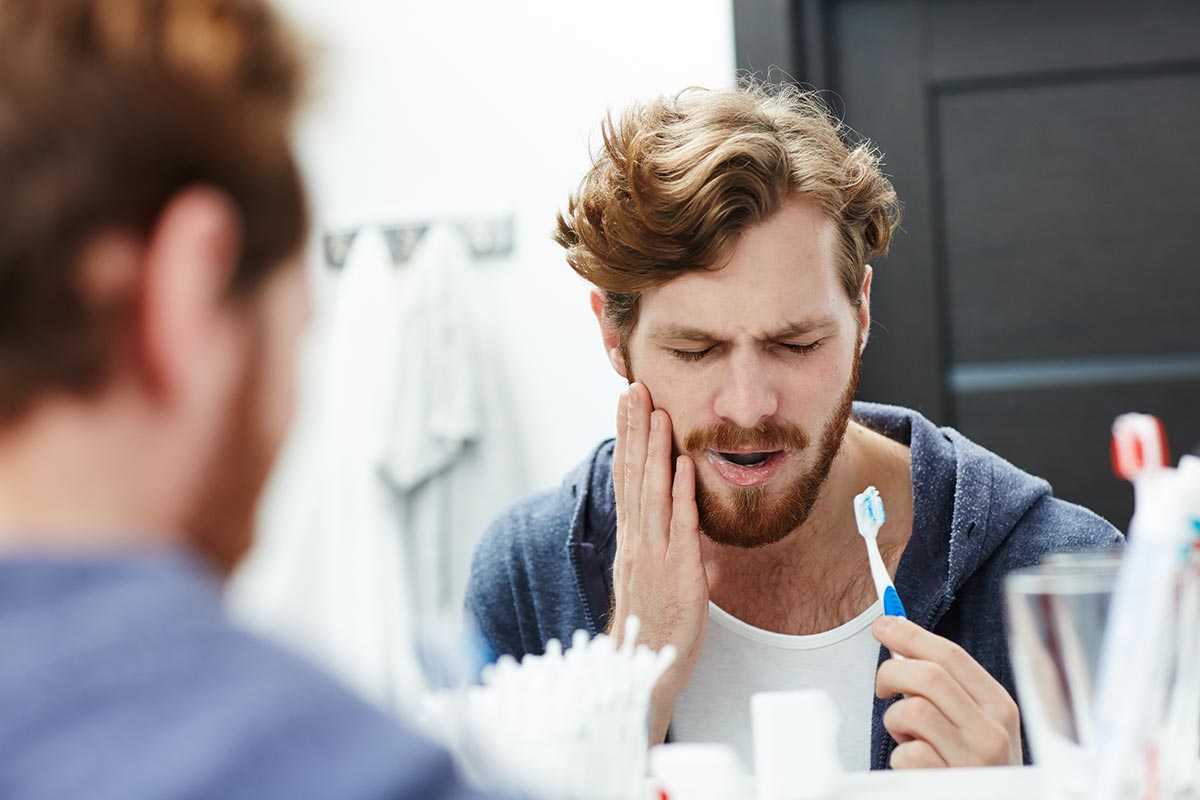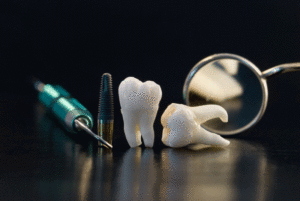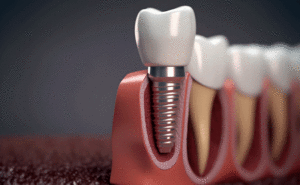Toothaches are never a welcomed thing. At the very least they’re uncomfortable, but severe toothaches can be downright debilitating. The good news is that a lot of toothaches are only temporary. However, if you’re suffering from a toothache for more than one to two days and it’s not getting any better, we strongly recommend getting in with your dentist immediately. There are a variety of toothache causes, which your dentist can get to the bottom of. This post will take a closer look at some of these causes so you can better identify what do discuss with your dentist.
Top Causes of Toothaches
While there are several main causes of toothaches, it’s worth noting that the most common cause is a cavity. Usually, cavity-causing toothaches involve extensive tooth decay, and these issues should be addressed immediately or else you could risk more substantial problems, such as a tooth abscess where the root and tissue becomes affected.
Here’s a look at some of the other causes of tooth decay:
- Orthodontic alignment: If you wear braces or retainers and have just had either adjusted, it’s not unusual to feel some aches and pains in your teeth. The good news is that these types of toothaches are only temporary and typically not severe enough to the point it becomes debilitating.
- Poor brushing/flossing: Do you use a hard bristled toothbrush? Do you brush hard? Do you floss to the point where you’re spitting out blood when you rinse? If so, there’s a good chance that any toothache you experience may be caused by this. All you need to do is brush up on (pun intended) the right brushing and flossing techniques.
- Teeth grinding: Bruxism as the technical terms goes or teeth grinding, can put excess pressure on the teeth and cause toothaches. Often, this occurs at night. If you think you have a problem with teeth grinding, consult with your dentist about having a mouthguard made for you to wear at night.
- Damaged fillings: If a filling becomes damaged, it can expose the part of the tooth it was protecting, which can lead to tooth pain.
- Worn enamel: Sometimes, toothaches may come after eating or drinking cold or hot items. If your teeth become sensitive after this, it’s likely because the enamel has worn down and isn’t protecting the teeth like it should. Using a toothpaste designed for sensitive teeth can help.
- Chipped or broken teeth: This is one of the easiest toothache causes to spot. If nerve endings are exposed, it may also be very painful. Consult with your dentist immediately.
- Gum disease: Gum disease often affects the teeth as well. It can become painful and potentially even lead to tooth loss.
As is the case with many dental issues, the best way to avoid toothaches is to see your dentist at least once every six months for a proper cleaning. Here, dentists can assess and resolve potential toothache-causing issues before they have a chance to inflict pain. For more information, contact Caven Dental today.



